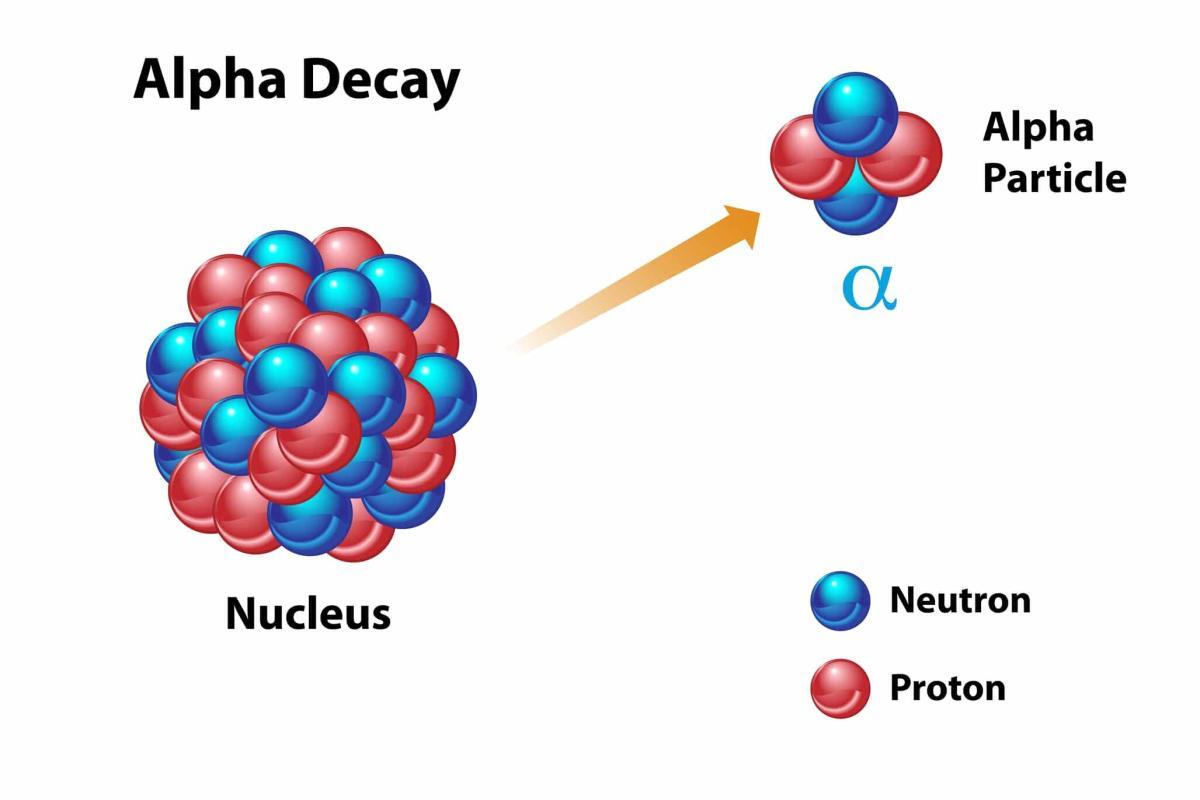Selected Alpha Particle Emitting Radionuclides for Therapeutic Nuclear Medicine
Alpha particle emitting radionuclides are highly effective in delivering targeted radiation therapy for various cancers.
Therapeutic radiopharmaceuticals represent a significant advance in medical science, offering targeted treatment for various diseases, most notably cancer. These substances comprise radioactive isotopes attached to molecules that can specifically bind to disease-associated cells. Upon administration, they deliver radiation directly to the affected area, minimising damage to surrounding healthy tissues and enhancing the therapeutic efficacy.
The principles behind therapeutic radiopharmaceuticals hinge on the concept of radiation therapy, which has been a cornerstone in oncology for decades. Radiopharmaceuticals work internally, unlike external beam radiation, where high-energy beams are directed from outside the body. They rely on the unique ability of certain radioactive isotopes to emit radiation short distances, which destroys the cellular DNA of only the targeted cells, inhibiting their ability to proliferate.
One of the most commonly used isotopes in these treatments is Iodine-131, employed in the management of thyroid cancer. It is selectively taken up by thyroid cells, including cancerous ones, due to the thyroid’s natural affinity for iodine. Another example is Radium-223, which mimics calcium and is thus preferentially absorbed by bone, making it an effective treatment for bone metastases from prostate cancer.
The administration of radiopharmaceuticals involves a multidisciplinary approach, integrating nuclear medicine, oncology, and pharmacy expertise to ensure precision in dosage and handling. These treatments are typically administered intravenously and require meticulous safety protocols to protect not only the patient but also the medical personnel from unnecessary radiation exposure.
In the UK, therapeutic radiopharmaceuticals are regulated by stringent guidelines to ensure safety and efficacy. The Medicines and Healthcare Regulatory Agency (MHRA) oversees the approval and use of these treatments, ensuring they meet rigorous standards. The National Institute for Health and Care Excellence (NICE) also provides guidance on the clinical and cost-effectiveness of new and existing treatments, including radiopharmaceuticals.
The development of new radiopharmaceuticals continues to expand the frontier of nuclear medicine. Research is increasingly focusing on creating more isotopes that can target different types of cells or be used in conjunction with other therapies to improve outcomes. For instance, recent advances include agents that target specific cancer cell receptors, such as the prostate-specific membrane antigen (PSMA) in prostate cancer, offering hopes for more personalised and effective treatments.
In conclusion, therapeutic radiopharmaceuticals offer a promising and increasingly precise tool in the fight against cancer and other diseases. With ongoing advancements and rigorous regulatory oversight, their role within the medical field is set to grow, providing patients with more effective treatment options with fewer side effects.
home » Therapeutic Radiopharmaceuticals
Alpha particle emitting radionuclides are highly effective in delivering targeted radiation therapy for various cancers.
